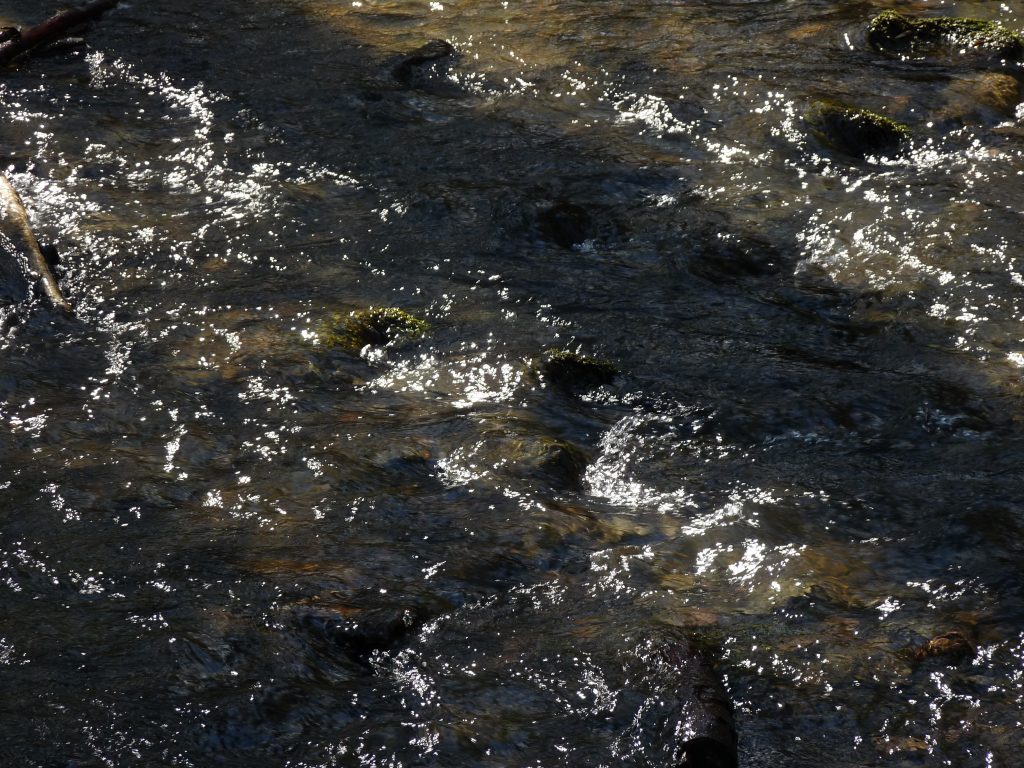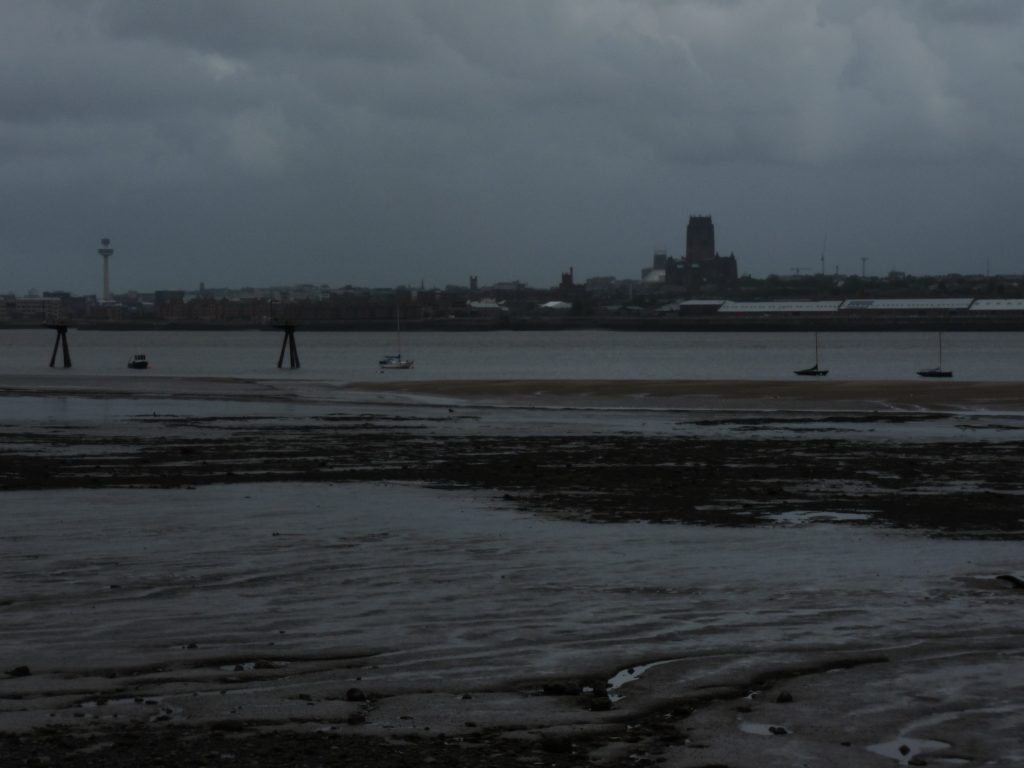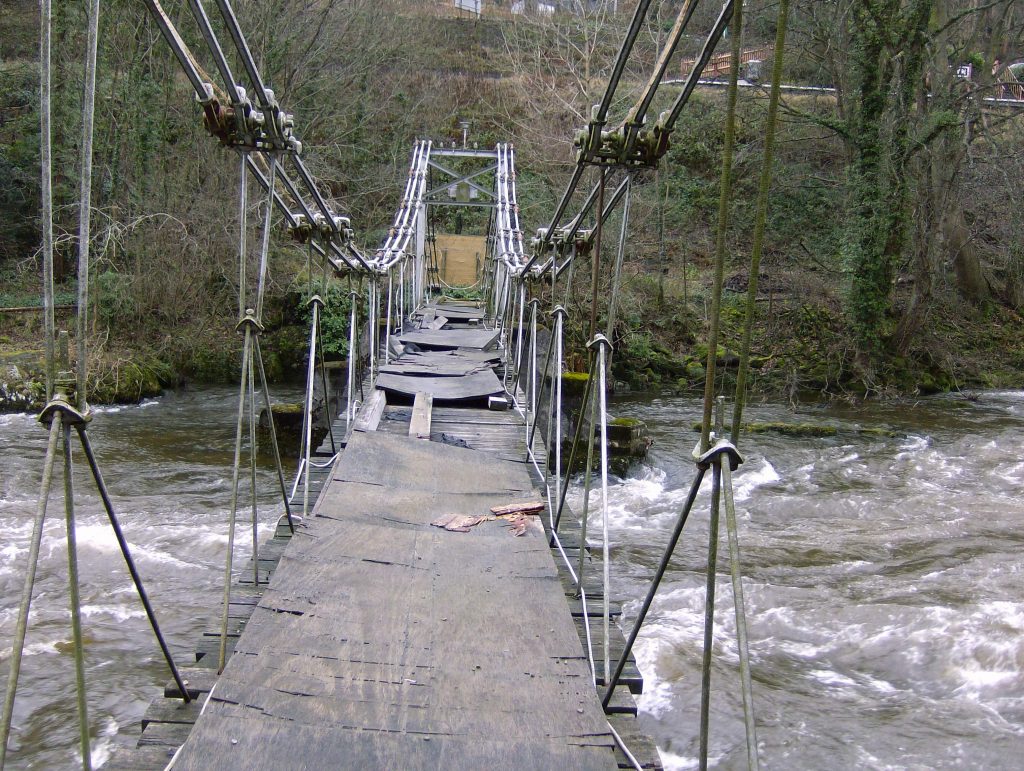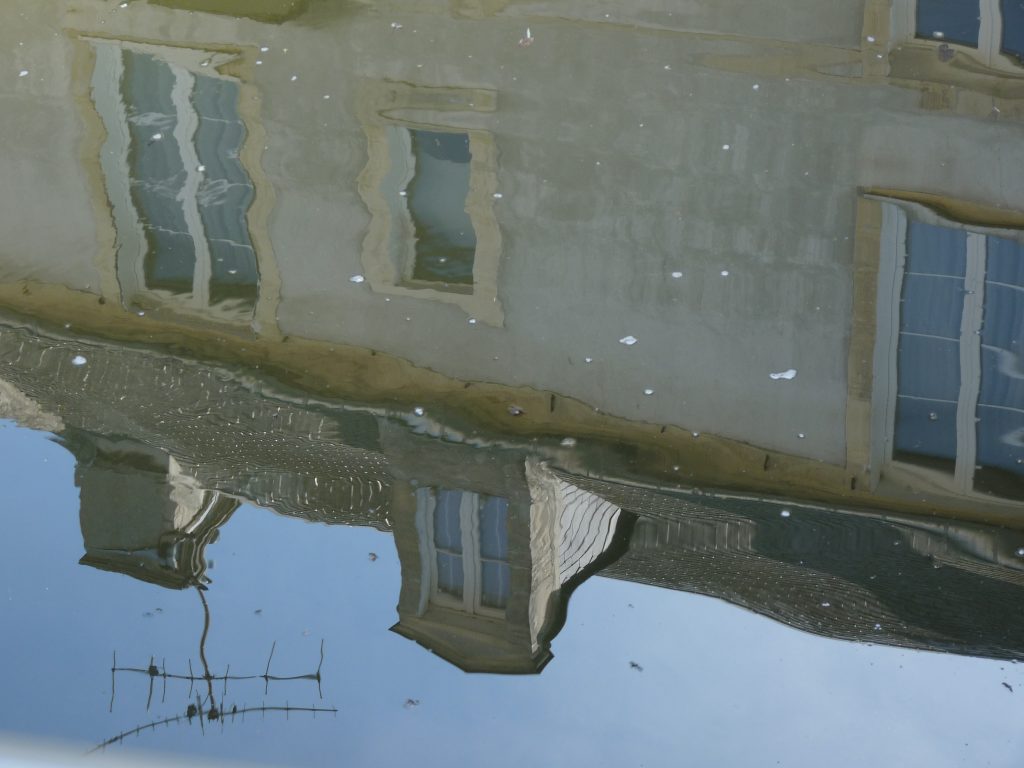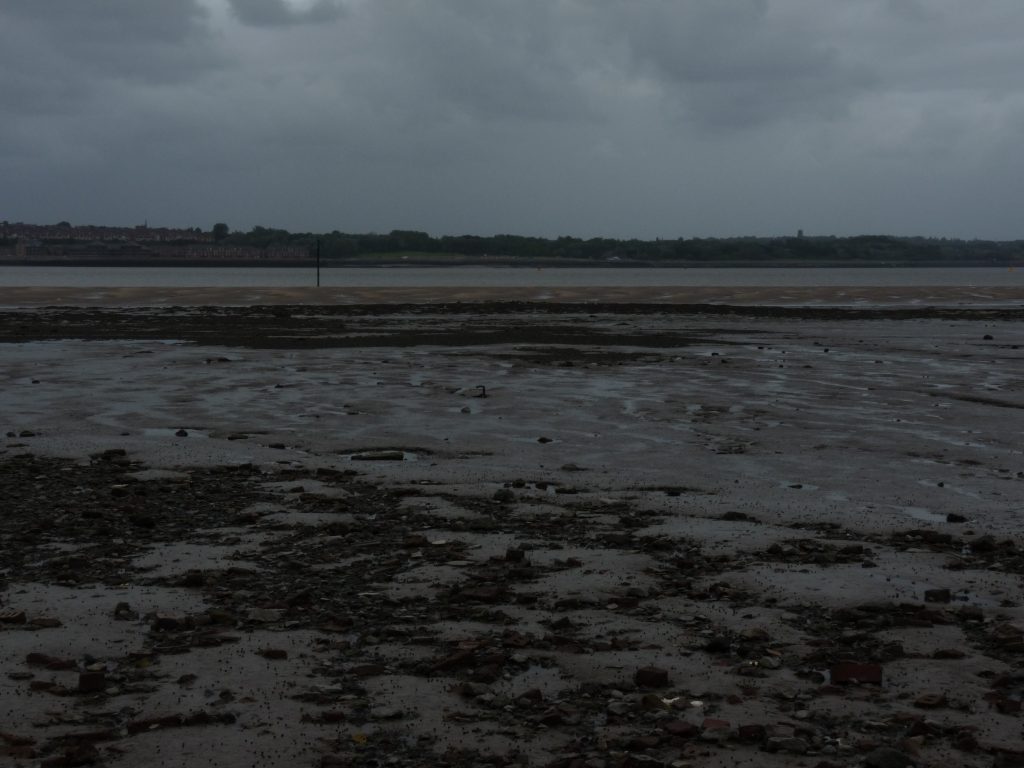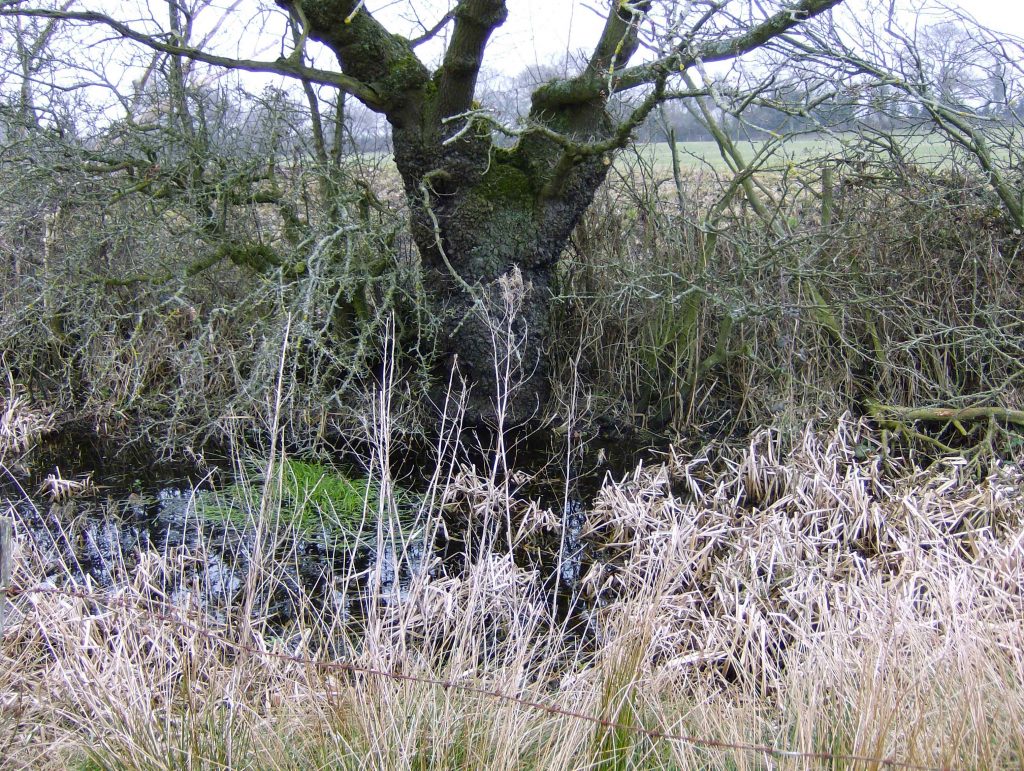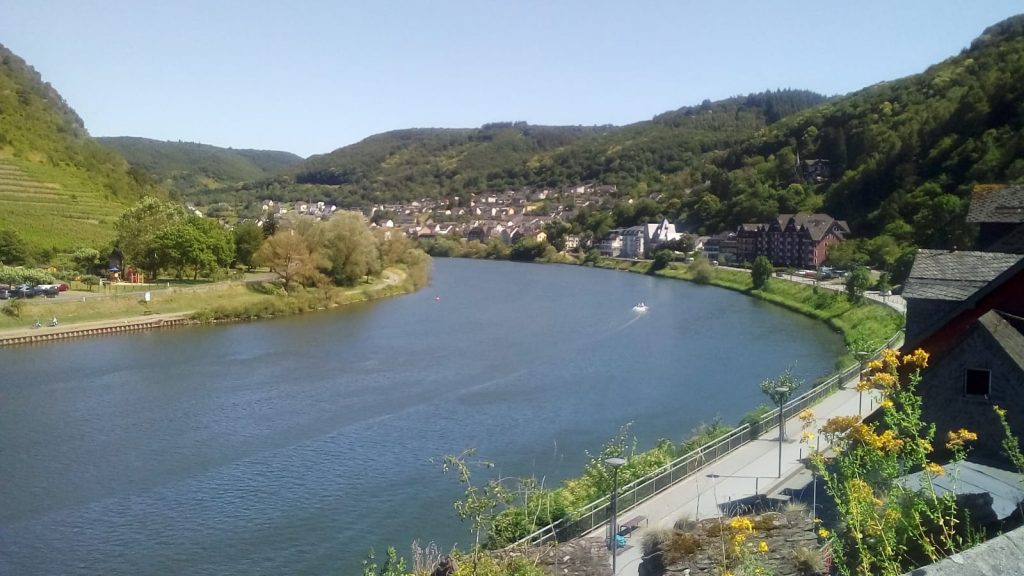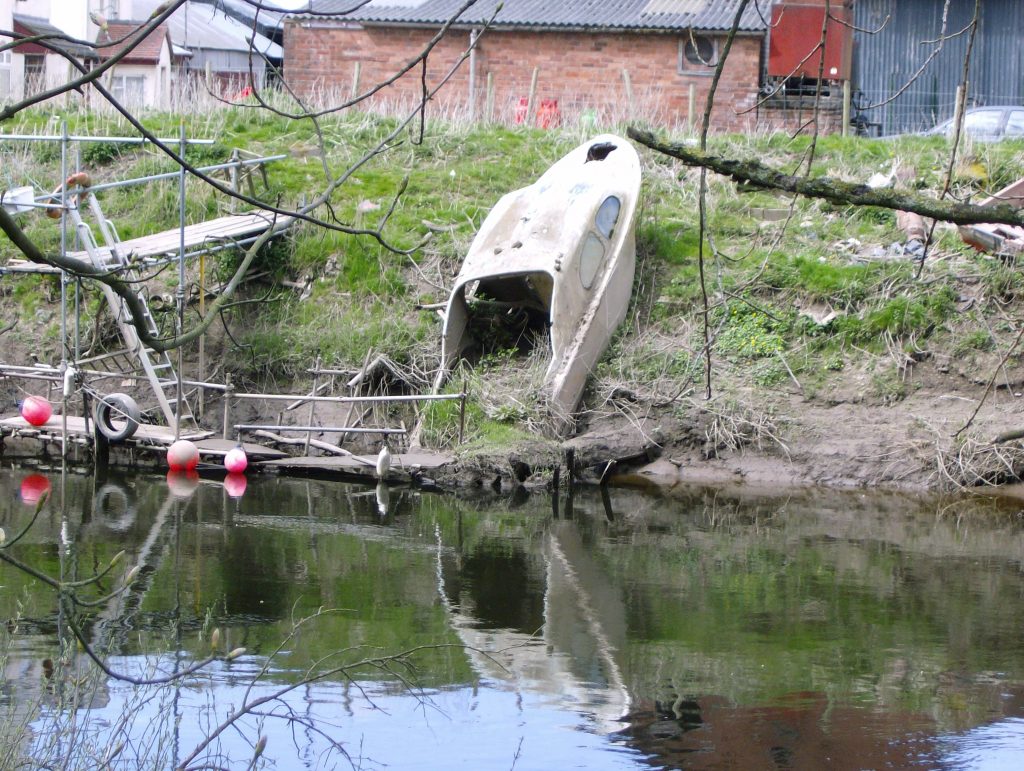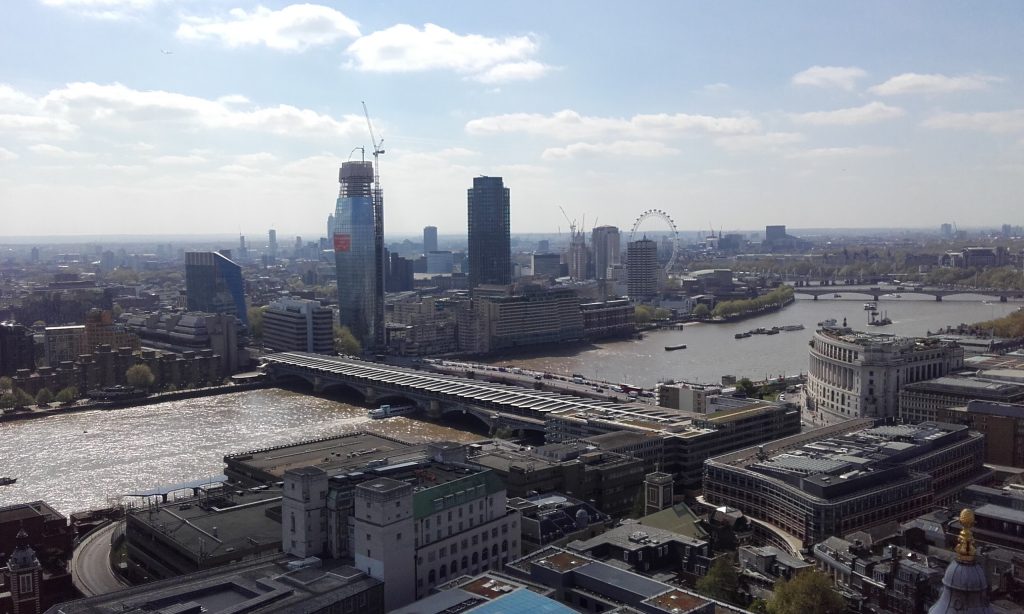The black stream is a ley-line whose energies have become stagnant through neglect, or negative through misuse.
Aidan Andrew Dun – Vale Royal (Notes)
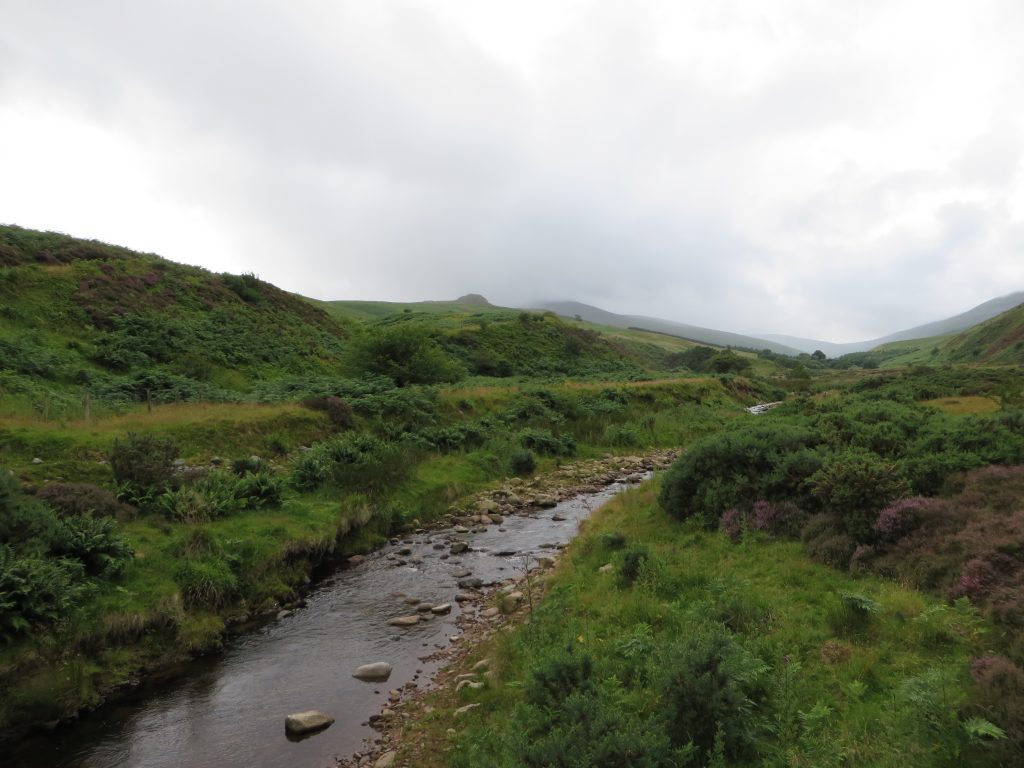
Thirty days since the lockdown began: a whole month, and still no end in sight. People who follow this blog will remember that my other half and I opted to put ourselves into effective self-isolation a few days before the lockdown became obligatory in order to avoid spreading anything she might catch in her job on the NHS frontline to the people we might encounter in our community. As it’s worked out, we live in a part of the UK where there have been relatively few COVID-19 cases, as yet. In fact, with other more routine cases put on hold in anticipation of the demands of the virus crisis, my wife’s hospital is somewhat quieter than normal.
Most of us accept that the lockdown is necessary to slow down the spread of coronavirus and to avoid our health service becoming overwhelmed. In fact, lives would have been saved if the government had acted earlier. There will be an end to this crisis; we will develop a vaccine and society will gradually be able to return to normal. But who knows when that will be and how many tens of thousands of lives will be lost before we get there?
We’re storing up other costs too. Loneliness and isolation are causing untold damage to the mental health of so many people in our communities. Families are under pressure from being cooped up together every day, domestic abuse victims are locked up with their abusers, people are short of money because their jobs have disappeared and kids are missing out on school, out-of-school activities and the companionship of their friends.
True, the government is putting more money into the NHS, propping up small firms and, grudgingly, making payments to people who have lost their jobs. But, unless we are prepared to resist it, we are likely to face another period of severe austerity to make ordinary people pay for it once this crisis is over.
But there are glimmers of hope. Suddenly people are making fewer car journeys and taking far fewer flight. Consequently, we are able to enjoy cleaner air throughout the world. I sit in the garden and, instead of the distant hum of traffic, I hear only birdsong, my neighbour’s ducks and the voices of children playing. As a society we have been reminded of the value of our NHS and we are far appreciative of the unsung heroes working in our hospitals and care homes, maintaining our public services and delivering food and all the other things we really need. These are lessons we need to remember when this crisis is over.
Marooned at home I miss seeing my family and friends. I sometimes shed a tear when I see the regular WhatsApp pictures of my grandkids, but still look forward to seeing each daily update. I miss going out in my role as a volunteer and the people I work with. And I long to be able to go for long, free-ranging walks again. Walking and exploring is what I do and it is, at least in part, the whole point of this blog.
But, then again, there are positives. I’ve learned how to Skype and Zoom and to make WhatsApp video calls. I’ve been to virtual pubs and taken part in virtual quizzes. I’ve more time for writing, reading and listening to new music. I have more time to chat to my neighbours, albeit over a hedge. I’m able to work on my vegetable plot most days and I go out for a run every other morning with far more determination than previously. There’s a whole world of online learning out there too.
The isolation gets me down sometimes and I feel anxious about what’s going to happen to the world and the people I love. I keep the anxiety at bay by making myself busy all day but, when I go to bed, I rarely manage to sleep for more than five or six hours.
Writing this blog helps of course, as does the feedback people send me and the links to other blogs and podcasts I receive.
Picture of mountain stream near Humbleton Hillfort, Northumberland ©Bobby Seal
Like this:
Like Loading...

